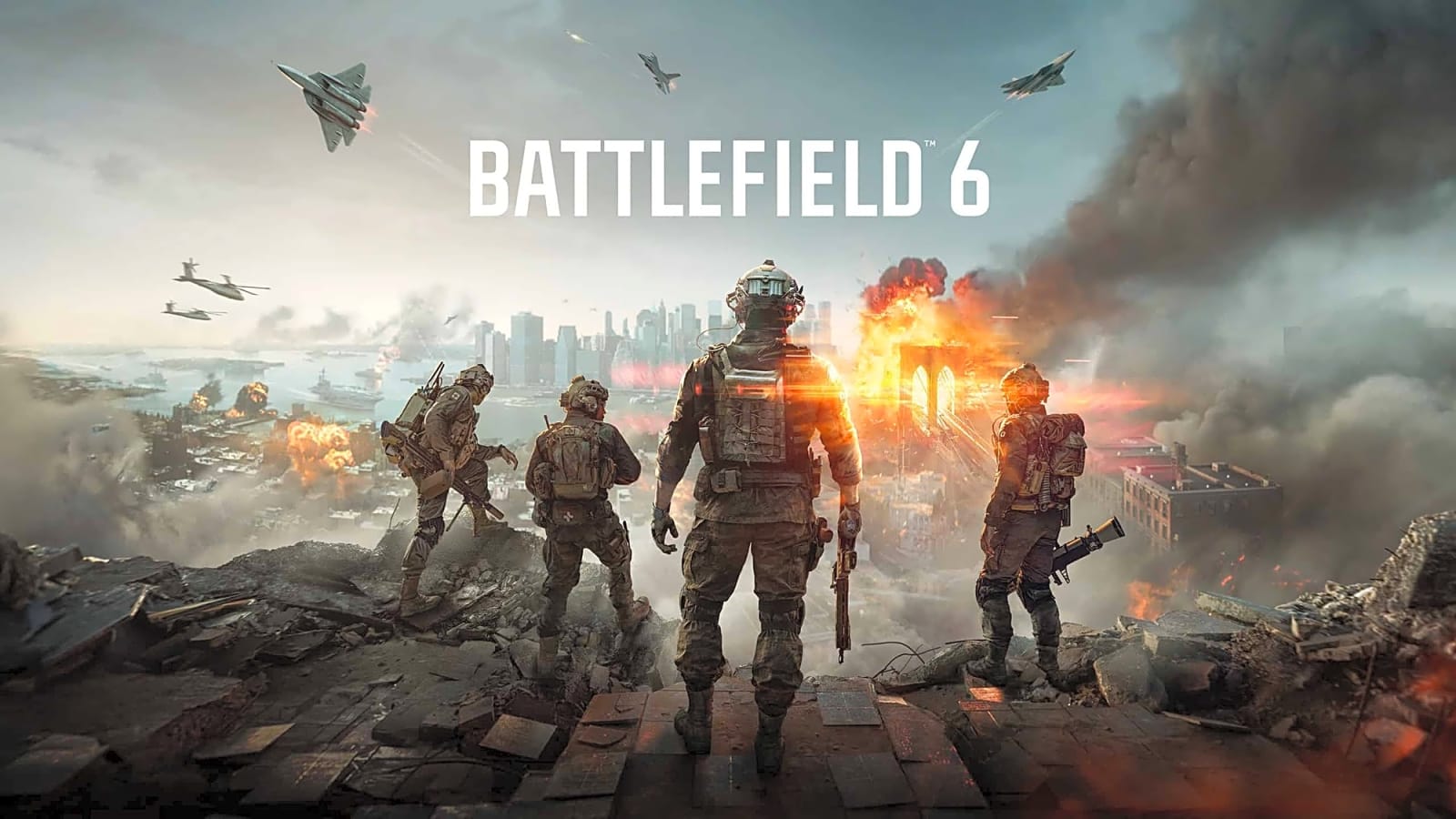
Picture this: You’re deep in enemy territory, bullets whizzing past your head, heart pounding as you navigate through an intense firefight in Battlefield 6’s campaign. Suddenly, your screen freezes. “Connection Lost.” Your epic gaming moment? Obliterated faster than a tank hit by an RPG.
Welcome to the wild world of always-online gaming, where even your single-player adventure needs permission from the internet gods to continue. And honestly? Players are absolutely losing their minds over it.
The Great Disconnect Disaster
Let me paint you a picture of what’s happening right now. Battlefield 6 decided to shake things up by requiring an internet connection for literally everything – including the single-player campaign. Yeah, you heard that right. Even when you want to play solo, pretending you’re a one-person army saving the world, you still need to stay connected to EA’s servers.
The result? Pure chaos. Players with shaky internet connections are getting booted from their own single-player experiences faster than you can say “respawn.” One frustrated gamer on Reddit, u/WintorOperator, shared their pain on r/pcmasterrace, and the response was immediate and brutal. The community erupted with stories of disconnection nightmares that would make any gamer weep.
Imagine finally having some free time to dive into that campaign you’ve been excited about, only to see that dreaded “Connection Lost” window pop up every few minutes. It’s like having someone constantly tap you on the shoulder while you’re trying to watch your favorite movie. Absolutely maddening!
When Queues Attack Your Solo Experience
Here’s where things get really weird (and frankly, hilarious in the most tragic way possible). Some players reported waiting in queues – actual waiting lines in cyberspace – just to access the single-player campaign. One player shared their horror story: “I started like 30 minutes after release… placed in a queue… my number was like 450,000.”
Four hundred and fifty THOUSAND. For single-player. Let that sink in for a moment.
This isn’t some massive multiplayer raid or a competitive tournament. We’re talking about wanting to shoot AI enemies by yourself in the comfort of your own digital battlefield. Yet there you are, staring at a queue number that looks like a small city’s population, wondering if you’ll ever get to play the game you actually paid for.
The Technical Nightmare Behind the Scenes
The always-online requirement isn’t just annoying – it’s creating genuine technical headaches that are ruining the gaming experience. Players are dealing with server instability, login problems that would make a bank’s security system jealous, and disconnection issues that pop up at the worst possible moments.
When your internet hiccups for even a few seconds, Battlefield 6 treats it like you’ve committed a cardinal sin. The game pauses everything, shows you that patronizing “Connection Lost” message, and forces you to reconnect before you can continue your mission. It’s like having a helicopter pilot who refuses to fly unless they can constantly radio ground control – technically possible, but completely unnecessary for a solo flight.
Community Backlash: When Gamers Unite in Frustration
The gaming community’s response has been swift and merciless. Reddit threads are exploding with complaints, Steam reviews are getting brutal, and Twitter is becoming a battlefield of its own (pun totally intended). Players are calling the requirement everything from “DRM BS” to “anti-consumer garbage,” and honestly, their frustration is completely understandable.
Some players are going full boycott mode, encouraging others to skip Battlefield 6 entirely unless EA adds an offline fallback option. Others are demanding refunds, feeling like they bought a car that only works when parked next to a gas station.
The sentiment is clear: paying full price for a game that can randomly decide you’re not allowed to play it feels like highway robbery with extra steps.
Why This Matters Beyond Just One Game
Here’s the thing that really gets my gaming heart racing (and not in a good way) – this isn’t just about Battlefield 6. This controversy represents a larger shift in how game companies view ownership versus access. When you buy a game with always-online requirements, you’re not really buying a game; you’re buying permission to maybe play it, assuming the stars align and your internet connection behaves.
This approach treats single-player campaigns like online services, complete with network checks, synchronization requirements, and live service connections. It’s turning what should be a reliable, personal gaming experience into a risky gamble where your enjoyment depends on factors completely outside your control.
The Silver Lining in This Digital Storm
Despite all the drama and frustration, there’s actually some good news hiding in this chaos. Battlefield 6 managed to break franchise records, hitting over 740,000 concurrent players on Steam alone. The game’s return to classic four-class gameplay (Assault, Engineer, Support, and Recon) has resonated with fans who were tired of the futuristic specialist system from previous entries.
When the servers work and connections stay stable, players are rediscovering what made the Battlefield franchise special in the first place. The core gameplay is solid, the multiplayer battles are epic, and the franchise is positioning itself as a serious challenger to Call of Duty’s dominance.
But that “when it works” caveat is doing a lot of heavy lifting in that statement.
What Comes Next?
The always-online controversy surrounding Battlefield 6 has opened up a larger conversation about the future of gaming. Will other developers follow EA’s lead and make internet connections mandatory for everything? Or will the community backlash force a return to more player-friendly approaches?
One thing’s certain: this debate isn’t going away anytime soon. Players have made their voices heard, and the message is crystal clear – forced online requirements for single-player content feel like punishment for being an honest customer.
Whether EA will listen and potentially add an offline mode remains to be seen. But one thing’s for sure: the gaming community won’t forget this controversy anytime soon, and it’s likely to influence purchasing decisions for years to come.
Until then, keep your internet connection strong, your patience stronger, and maybe have a backup game ready for when those servers inevitably hiccup. Because in the world of always-online gaming, your Wi-Fi router might just be your most important piece of gaming hardware.
For more gaming content visit Total Apex Gaming
For more Battlefield 6 related content visit Total Apex Gaming: Battlefield 6
More must-reads:
- Russell Westbrook's relentlessness won't let him quit the NBA
- Ranking four potential World Series matchups based on excitement level
- The '2024 TD catch leaders by team' quiz
Breaking News
Trending News
Customize Your Newsletter
 +
+
Get the latest news and rumors, customized to your favorite sports and teams. Emailed daily. Always free!








